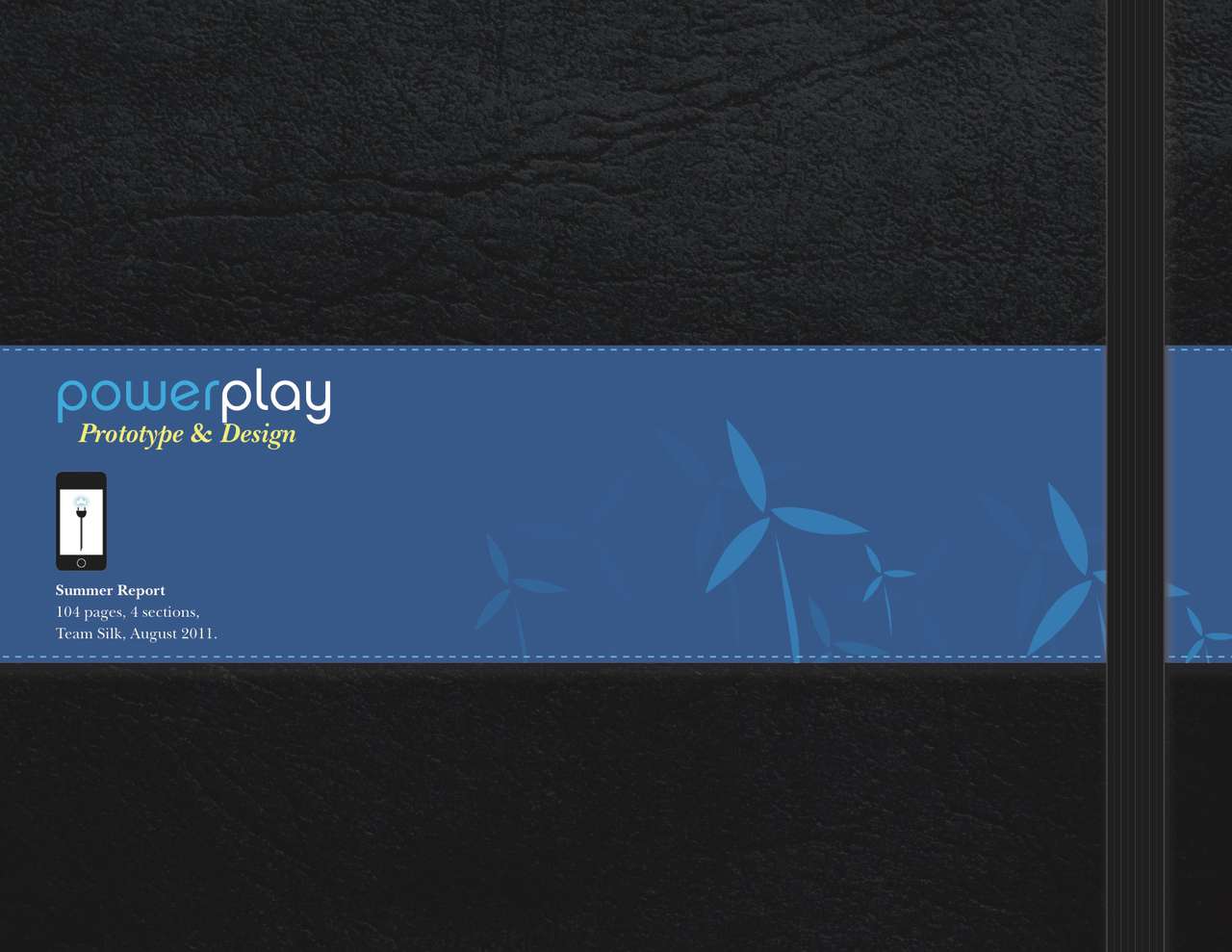In August 2011, our 4-person team completed a project in partnership with Eaton to develop mobile applications for monitoring real-time energy use for energy conservation. The MHCI Capstone course is an 8-month long project for a real-world client to conduct in-depth user research and develop and test functional prototypes. In the Spring of 2011, we conducted over 30 user interviews in Pittsburgh, San Francisco, and New York City, and worked with residents in both apartments and homes, retail and commercial business managers, and commercial facilities managers. We also analyzed over 40 years of research about energy consumption behavior along with recent research about technological intervention in in-home energy monitoring. From our research, we published a 120-page report detailing our findings and providing key actionable insights to aid in the design and development of products in the mobile energy monitoring space. In the Summer term, we set out to iteratively develop and test prototypes for mobile devices, with a final report, complete UI spec, and functional prototype.

Our work was chronicled in a printed report presented to all the stakeholders. We also had the opportunity to present our design and prototype.
As technical lead for the Eaton project team, I had the responsibility of creating and maintaining the technological infrastructure for collecting and serving real-time energy data, and driving, detailing, and developing the specifications and implementation of a mobile application prototype. Our infrastructure needs required that we install and configure hardware energy monitors and access their data remotely though a REST API. This data was then stored in a MongoDB database that connected to a Python-powered web service that served the application. Finally, our prototype was developed as a mobile-web frontend using HTML and JavaScript. In addition to my role as technical lead, I was the primary writer focused on academic research on the topic of energy conservation behavior, which ultimately drove much of the product focus.